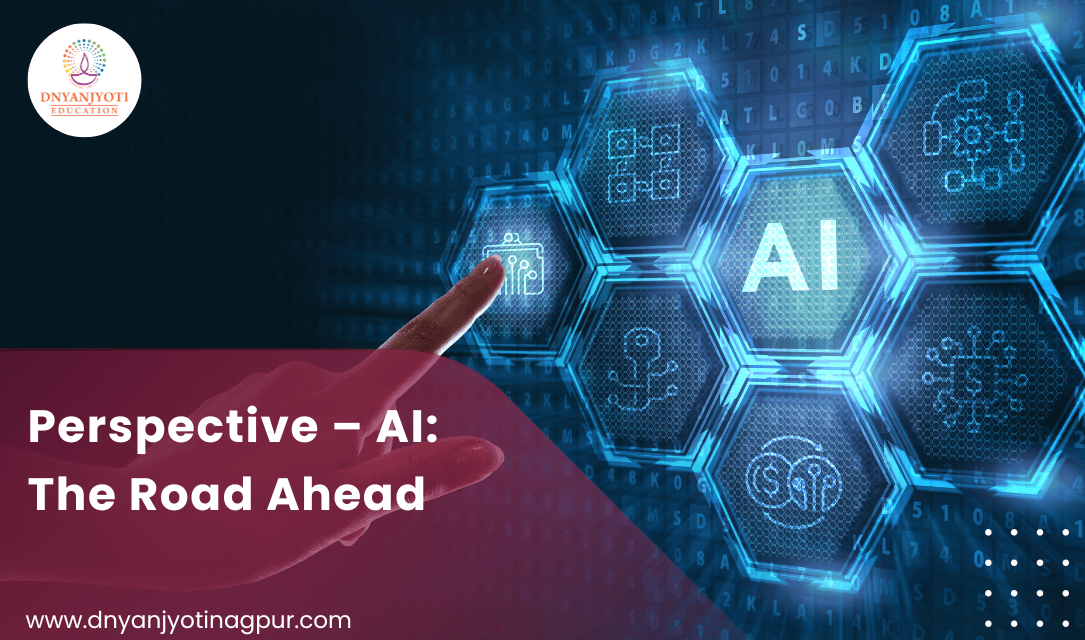Introduction:
Last week, India, alongside 27 other countries and the European Union, reached a historic agreement at Bletchley Park in the United Kingdom. The deal, sealed during the AI Safety Summit hosted by the UK, marked the first-ever international declaration addressing the challenges and potentials of artificial intelligence (AI). Bletchley Park, a hub of computer science during World War II, hosted the signing, emphasizing the significance of this global commitment.
Significant advances and applications of AI:
AI stands poised to revolutionize numerous aspects of our lives. The Bletchley Declaration acknowledges the necessity for global cooperation to manage AI risks while encouraging exploration of its vast potential. From overcoming physical limitations to driving growth through intelligent automation and innovation diffusion, AI holds promise and risk on a global scale.
AI in Various Industries:
In heavy industries and space, AI enables complete automation of manufacturing processes, from car production to computer chip manufacturing. It also plays a pivotal role in handling dangerous tasks, such as managing hazardous materials.
In finance, banks leverage intelligent software to analyze financial data and predict stock market trends more accurately than human counterparts. The aviation sector utilizes expert systems to monitor atmospheric conditions and system statuses, ensuring safe flights.
Role in Social Development:
AI contributes to social development and inclusive growth by providing access to quality health facilities, overcoming location barriers, offering real-time advice to farmers, and contributing to the development of smart cities. The exponential growth of data continually fuels AI advancements.
AI Applications in India:
India is making strides in AI applications, with initiatives like Precision Agriculture through a collaboration between NITI Aayog and IBM. The National Payment Corporation of India (NPCI) launched Pai, an AI-based chatbot, to create awareness about NPCI’s products in real-time.
Lack of R&D in India:
Despite advancements in applications, India lags in AI research. The focus primarily rests on applications rather than research and development. Currently not in the top 10 nations for AI research, India faces the risk of falling behind in the global AI race.
Techno-colonialism Concerns:
India must avoid being on the wrong side of techno-colonialism, where countries controlling a technology exploit others. The lack of emphasis on AI research puts India at a disadvantage compared to the US, China, and the EU.
Way Forward:
To compete globally, India needs a comprehensive long-term plan that includes increased investment in research and development. Collaboration between government, industry, and academia is crucial. Ensuring algorithm transparency is vital for building trust, and protecting against the weaponization of AI by non-state actors is a shared responsibility.
Riding on data and AI, India can strive towards its ambitious goal of becoming a $5 trillion economy by 2025. This necessitates extensive AI utilization across sectors like agriculture, MSMEs, financial services, healthcare, energy, and logistics, paving the way for a vibrant AI-driven economy.


